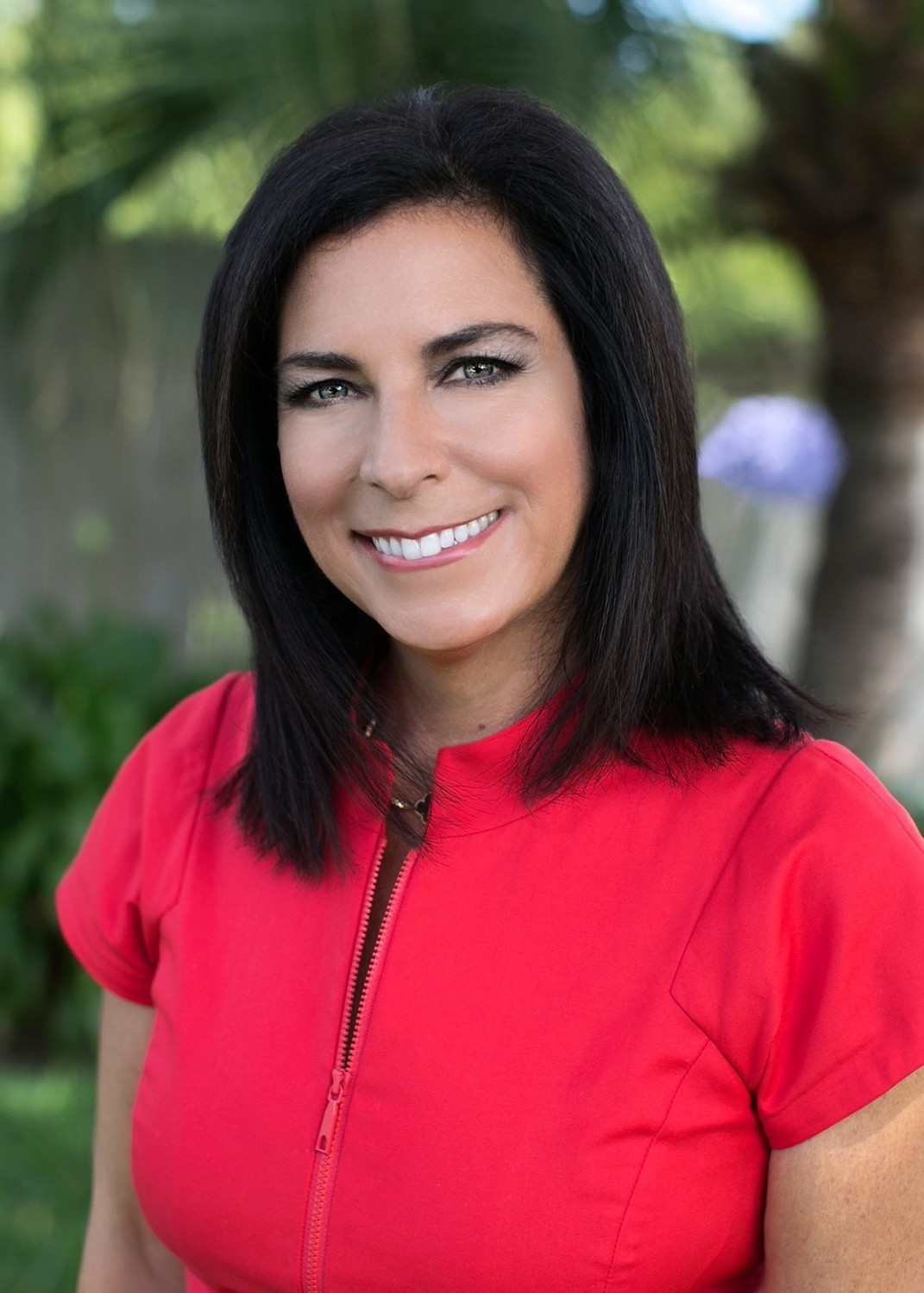Analyzing Florida gun laws post-Parkland
Florida gun laws are, once again, in the national spotlight. Our state, famous for Stand Your Ground, and nicknamed the “Gunshine State,” recently defied its image and the NRA by passing Senate Bill 7026, after the shooting at Marjory Stoneman Douglas High School. Here’s what is in it, and what is not.
The bill, signed by Gov. Scott March 9, raises the minimum age for gun purchases. The law currently allows 18-year-olds to make gun purchases, which made it legal for Nikolas Cruz, the 19-year-old Parkland shooter, to buy the guns used in the February school shooting. Under the new law, raising the minimum age to 21, Cruz could not have legally bought the guns used. This provision actually makes Florida more strict on purchases than federal law, which allows 18-year-olds to buy shotguns and rifles.
Bump stocks are banned under the law. These have been discussed by the president, who has endorsed making them illegal. Florida has now done what Congress failed to do after the Las Vegas shooting. Even the NRA has previously said it would support a ban on bump stocks.
A three-day waiting period was created by Senate Bill 7026. And it may even be extended, if a background check takes longer than three days. Licensed hunters, concealed carry permits, police officers and members of the military are exempted from this provision.
Police can confiscate guns from anyone subject to involuntary psychiatric commitment under the Baker Act. Also, anyone who is committed to a mental institution or deemed incompetent by a judge, can be barred from owning guns for up to a year.
The law allows certain school employees to be armed, provided they complete over 100 hours of training with the local sheriff’s department, mental health evaluations, active shooter drills and other requirements. This is the most controversial part of the law, and it is something the NRA has long supported. The Parkland survivors have mostly spoken out against arming teachers, as have many teachers. Teachers would have a choice as to whether they want to be armed, and there are bills being proposed regarding what training would be required. If Parkland is any evidence, this may do little to prevent another school shooting: there was an armed security guard at Marjory Stoneman Douglas, who is alleged to have stayed outside of the building during the incident.
These are the highlights of what the new law does. One reason the law hasn’t been more controversial is because there is something the law does not do. It does not ban assault weapons, or high capacity magazines, nor does it strengthen background checks, beyond the mental health provisions. Other than those limitations on some potential gun owners with severe mental health issues, raising the age of purchases to 21, and the waiting period, there is little that is groundbreaking here. Maybe that’s why it passed? With that said, perhaps any gun legislation passing anywhere in America, particularly in Florida, is newsworthy. Whether it prevents another Pulse shooting, or Parkland, remains to be seen.
Janet Johnson is a criminal defense attorney in Jacksonville who practices in state and federal courts. White collar crimes, including fraud, embezzlement and tax evasion, are among her areas of expertise. She is rated AV Preeminent on attorney rating website Martindale-Hubbell and has been named to the American Institute of Criminal Law Attorneys’ Top 10 Best Attorneys list. Johnson is also a legal analyst for CNN and HLN.







